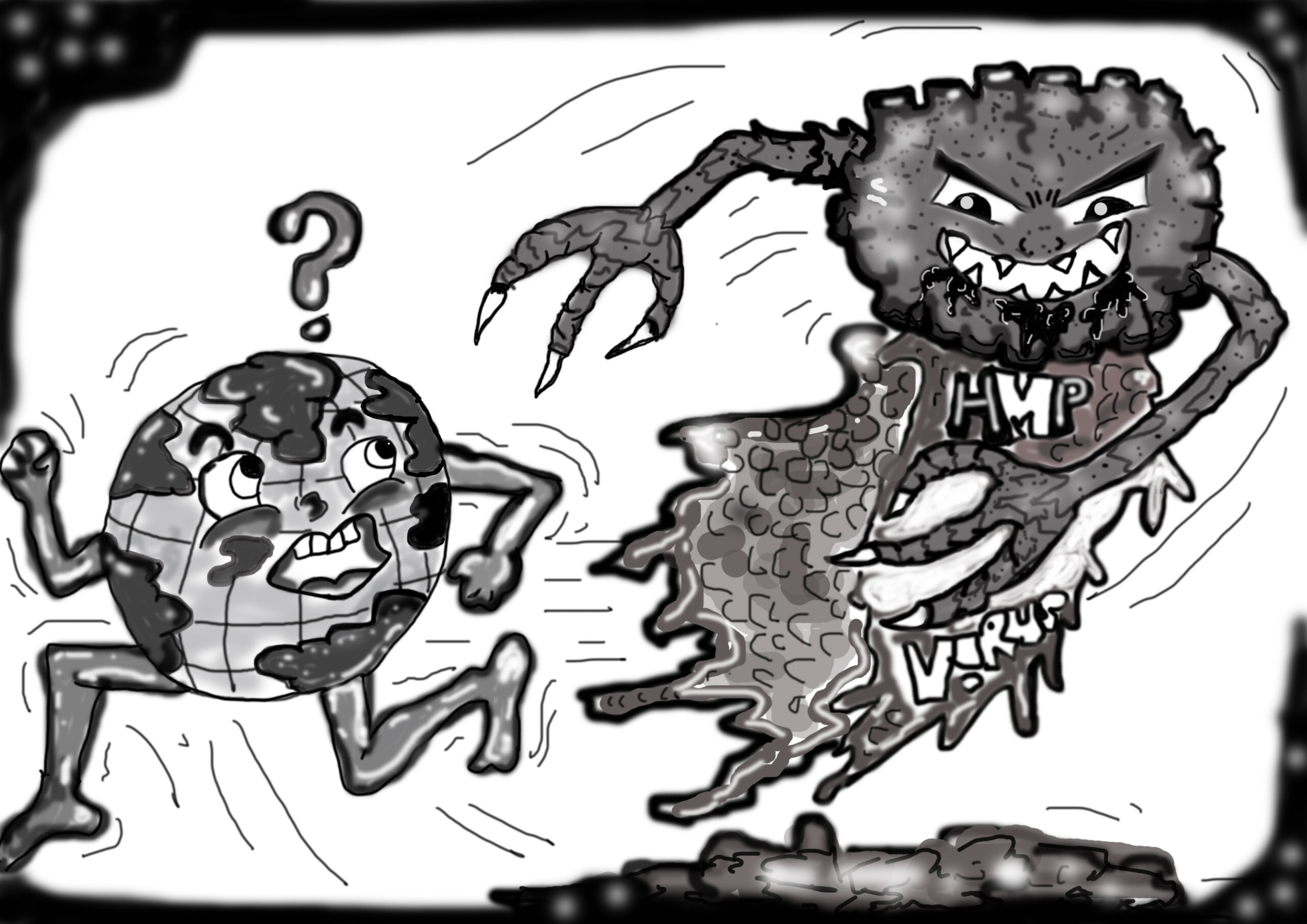Luke Allen
Military Political Analyst
Makati, Manila
lukeallenmanila@journalist.com
In a truly groundbreaking study, a team at the University of Dundee School of Medicine has demonstrated the immense power of artificial intelligence in the early detection of heart failure risk. This study, published in a renowned medical journal, leveraged data from the Scottish Health Research Register and Biobank, and analyzed electronic records and echocardiographic heart scans of 578 individuals to identify patients at risk of heart failure.
Heart failure, a chronic condition affecting millions of individuals worldwide, occurs when the heart is unable to pump blood effectively, leading to a range of debilitating symptoms and complications. Early detection of heart failure risk is crucial for timely intervention and improved patient outcomes. However, traditional risk assessment methods often rely on clinical evaluations and are limited in predictive accuracy.
The application of artificial intelligence in healthcare, particularly in cardiovascular disease, opens new avenues for personalized and precise risk assessment. However, it’s important to consider the ethical implications of using AI. By harnessing the power of AI algorithms to analyze vast amounts of data, researchers can uncover patterns and trends that may not be apparent through conventional methods.
In this study, the team at the University of Dundee used AI to interrogate population-based electronic records and echocardiographic heart scans to develop a sophisticated model for detecting heart failure risk. By training the AI system on a diverse dataset of 578 individuals, the researchers were able to identify subtle indicators and biomarkers, associated with an increased likelihood of developing heart failure.
The AI model demonstrated remarkable accuracy in predicting heart failure risk, outperforming traditional risk assessment methods and providing valuable insights for early intervention strategies. By leveraging the wealth of information stored in electronic health records and imaging data, AI can assist healthcare providers in identifying at-risk patients and tailoring treatment plans to individual needs.
Dr. Sarah Thompson, the lead researcher of this study, has underscored the transformative potential of AI in cardiovascular care. She states, “Our findings highlight the immense potential of AI technologies to revolutionize how we detect and manage heart failure risk. By integrating AI-powered tools into clinical practice, we can significantly enhance the precision and effectiveness of preventive interventions, ultimately leading to improved patient outcomes.”
The implications of this research extend far beyond academia, offering hope for individuals at risk of heart failure and paving the way for a new era of personalized medicine. As AI continues to evolve and refine its capabilities in healthcare, the possibilities for early detection and intervention in chronic conditions such as heart failure are limitless.
Looking ahead, the importance of collaborations between researchers, healthcare providers, and technology experts cannot be overstated. It is through these partnerships that we can fully harness the potential of AI in transforming cardiovascular care. By embracing innovation and leveraging the power of artificial intelligence, we can revolutionize how we approach heart failure risk assessment and ultimately improve the lives of countless individuals worldwide.















